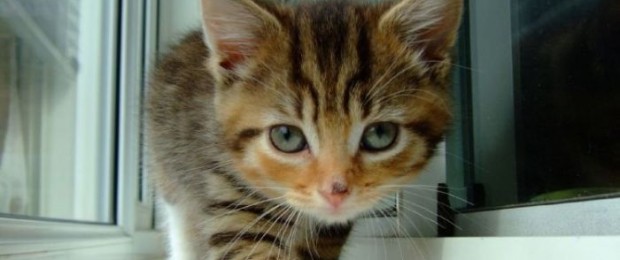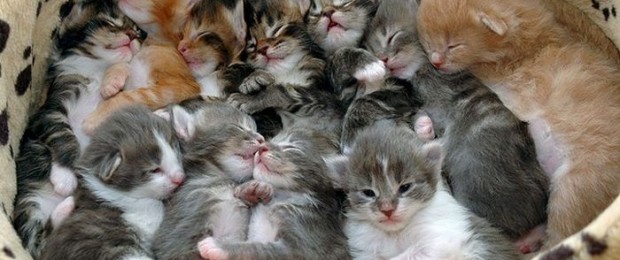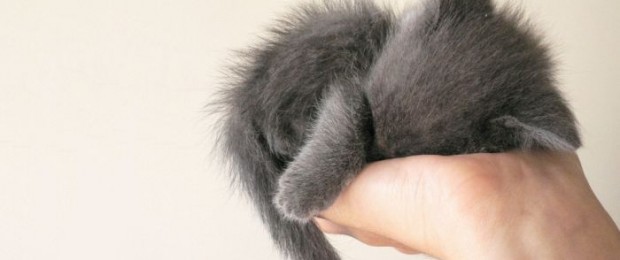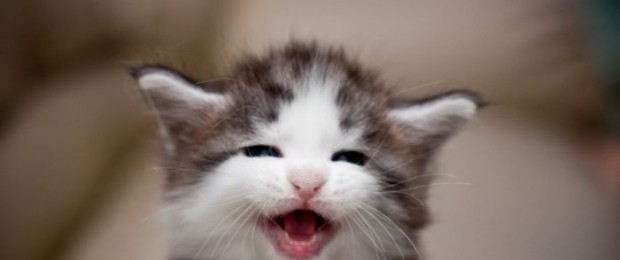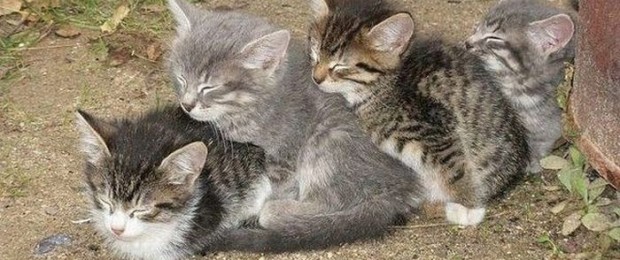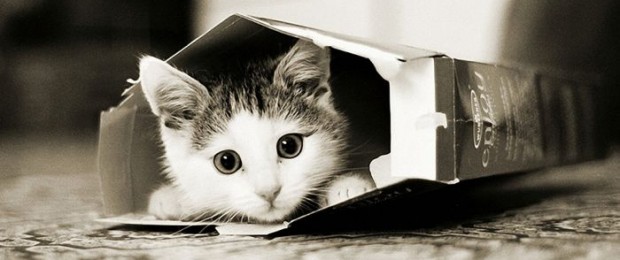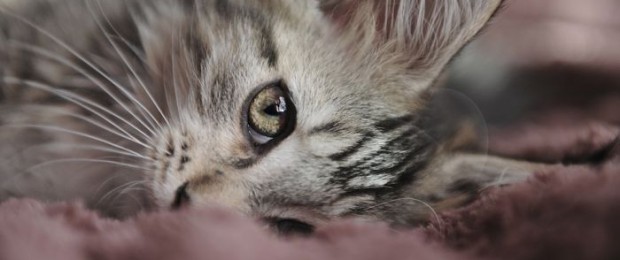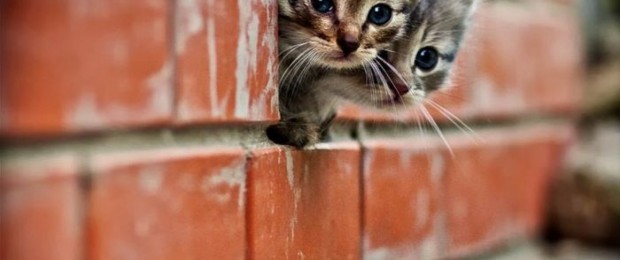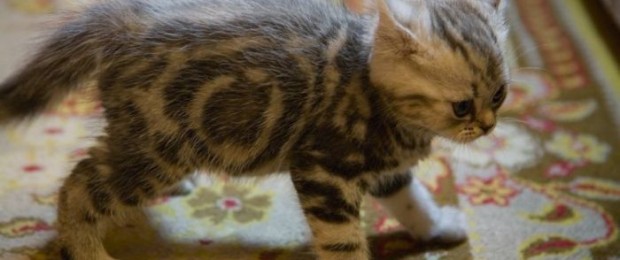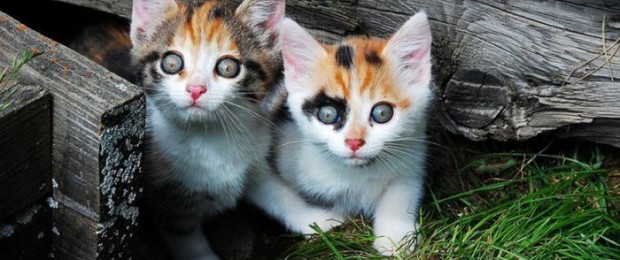Orphaned kittens
Kittens require a high-calorie diet that contains more protein than the diet of adult cats.[14]Young orphaned kittens require cat milk every two to four hours, and they need physical stimulation to defecate and urinate.[4] Cat milk replacement is manufactured to feed to young kittens, because cow‘s milk does not provide all of their necessary nutrients.[15]

